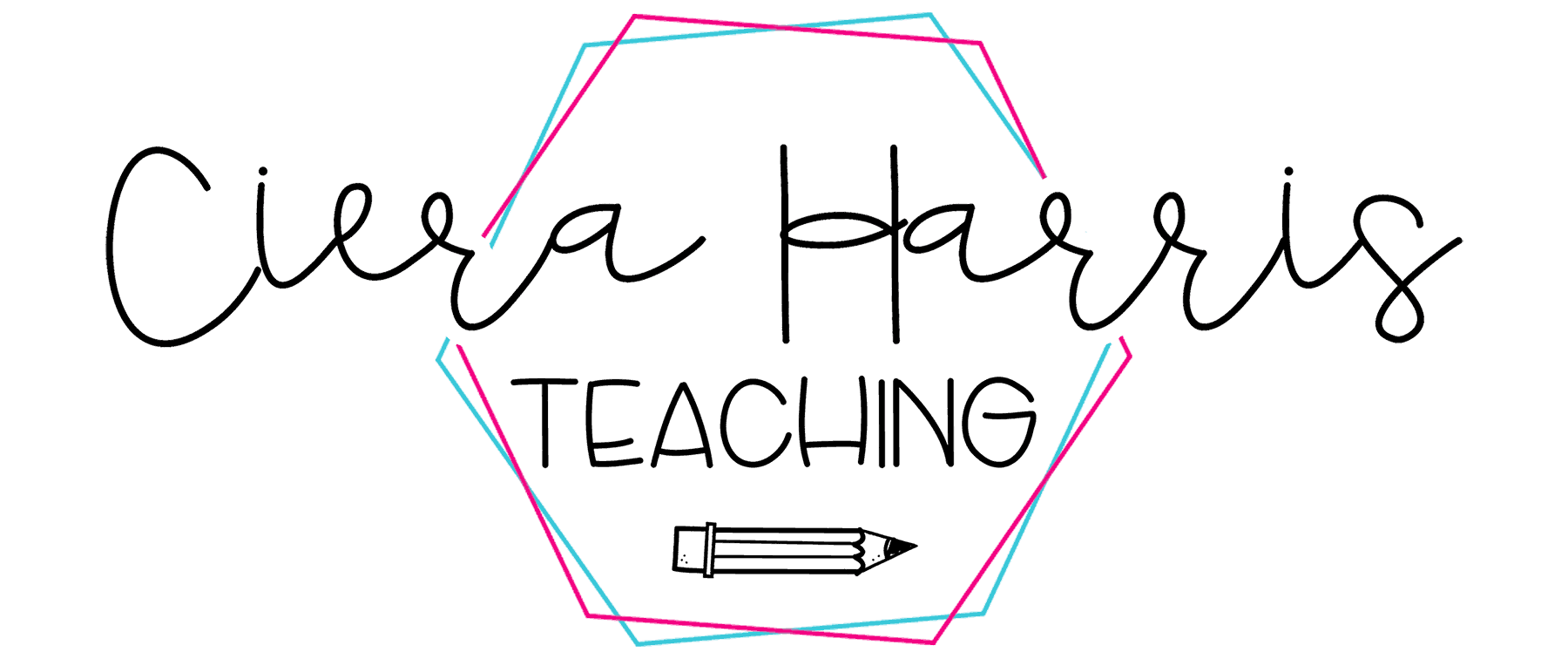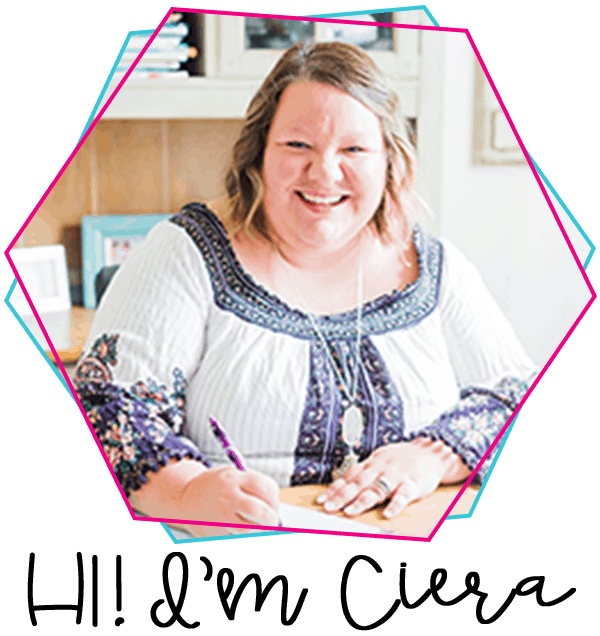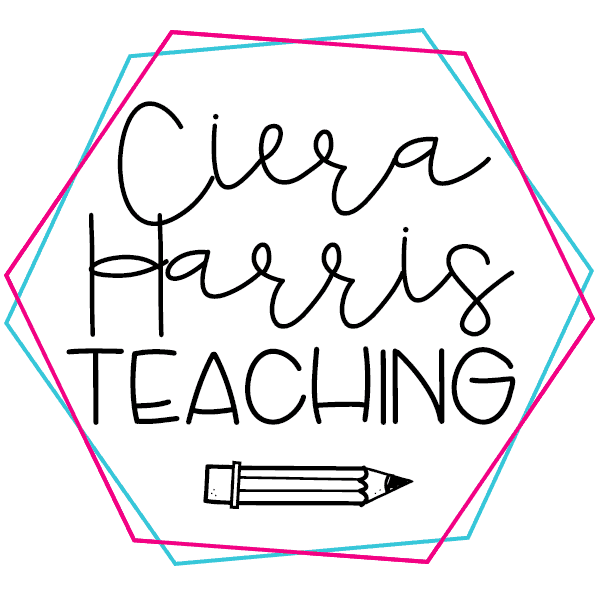Ignite Your Readers is an amazing monthly subscription that provides supplementary reading comprehension resources for elementary teachers at a very low price. Each month, teachers receive over 50 pages of materials including reading comprehension passages with questions, comprehension interventions, mini-lessons, interactive read-aloud lessons, and even a craft & reading center. All materials are available in print and digital as well! This is a great opportunity for teachers to fill their files with engaging and rigorous materials when they need them!
Ignite Your Readers Vault 2022 & 2021
Fyi – the 2022 vault is below and the 2021 vault is on a separate page.
In each month’s materials, you’ll find: 5 differentiated reading comprehension passages with questions, 5 mini-lessons with materials, 5 small group intervention lessons, 3 interactive read-aloud lessons with materials, a craft, and a reading center. Over 50+ pages in each month!
January: Text Evidence
 This month, we focus on teaching students not only how but WHY we should use text evidence when we are discussing a text. Through the hands-on materials included, students will experience a step-by-step process that makes SENSE to them and helps them become more confident and stronger at being able to identify correct, supporting text evidence when needed. Activities such as mystery grid pictures, a bookworm craft, and mini-lessons that focus deep into the strategy are all included – plus so much more!
This month, we focus on teaching students not only how but WHY we should use text evidence when we are discussing a text. Through the hands-on materials included, students will experience a step-by-step process that makes SENSE to them and helps them become more confident and stronger at being able to identify correct, supporting text evidence when needed. Activities such as mystery grid pictures, a bookworm craft, and mini-lessons that focus deep into the strategy are all included – plus so much more!
February: Written Response
This month’s focus was probably one of the most requested ever! How to teach students proper ‘written response‘ to a text. Through this month’s materials, we focus on how to break  down a prompt and craft a proper written response that will wow the teachers! We focus on understanding the parts of a written response, how to grade our own responses, analyzing a writing prompt, identifying prompt pieces within a written answer, and even how to make a plan. But it doesn’t stop there! Grab this month’s resources to ensure your students’ success with written responses!
down a prompt and craft a proper written response that will wow the teachers! We focus on understanding the parts of a written response, how to grade our own responses, analyzing a writing prompt, identifying prompt pieces within a written answer, and even how to make a plan. But it doesn’t stop there! Grab this month’s resources to ensure your students’ success with written responses!
March: Paired Texts
 This is probably one of the most obscure standards in our list, but nevertheless, it’s important to teach – so here we go! Understanding how two texts compare relates to the skill later in a student’s educational career of being able to read, analyze, and cite multiple sources when researching. Can they read multiple resources and create one final conclusion based on their reading? It may not seem valuable now, but with this skill, we are setting up our students for success later. In this month’s materials, you’ll grab an amazing amount of hands-on materials that support a student’s understanding of how to read, analyze, compare, and cite two paired texts.
This is probably one of the most obscure standards in our list, but nevertheless, it’s important to teach – so here we go! Understanding how two texts compare relates to the skill later in a student’s educational career of being able to read, analyze, and cite multiple sources when researching. Can they read multiple resources and create one final conclusion based on their reading? It may not seem valuable now, but with this skill, we are setting up our students for success later. In this month’s materials, you’ll grab an amazing amount of hands-on materials that support a student’s understanding of how to read, analyze, compare, and cite two paired texts.
April: Determine Importance
Have you ever thought about how the strategy of determining importance relates back to so many other valuable skills? Can you identify  the main idea, write a summary, and identify the genre or even the theme if you can’t determine what’s important in a text? This strategy is extremely foundational that it needs explicitly taught and reviewed every year! Within the materials this month, students will focus on a step-by-step process to help them not only understand determining importance but apply it when they read. Activities such as picture retelling, important vs extra information, building a paragraph, determining headings, and relating determining importance to other reading skills. Grab this today!
the main idea, write a summary, and identify the genre or even the theme if you can’t determine what’s important in a text? This strategy is extremely foundational that it needs explicitly taught and reviewed every year! Within the materials this month, students will focus on a step-by-step process to help them not only understand determining importance but apply it when they read. Activities such as picture retelling, important vs extra information, building a paragraph, determining headings, and relating determining importance to other reading skills. Grab this today!
May: Context Clues
 Teachers know how important teaching context clues to students is. But the big hurdle is getting students to use the skill independently when teachers are not there to prompt them. Inside this month’s Ignite resources, you’ll find hands-on resources that help support independence and engagement at the same time! We break down context clues in a unique way to allow students to see and understand from multiple angles. We focus on understanding the concept of context clues, identifying different types of context clues, practicing using context clues, determining if the text is or is not a context clue, and more!
Teachers know how important teaching context clues to students is. But the big hurdle is getting students to use the skill independently when teachers are not there to prompt them. Inside this month’s Ignite resources, you’ll find hands-on resources that help support independence and engagement at the same time! We break down context clues in a unique way to allow students to see and understand from multiple angles. We focus on understanding the concept of context clues, identifying different types of context clues, practicing using context clues, determining if the text is or is not a context clue, and more!
June: Schema
Schema is the ONE thing all students bring ready to the table when ready to learn. It’s their most valuable asset and teachers unfortunately  underestimate its power! In this month’s resources, we teach students not only why schema is important but how to use it to help support their reading comprehension. Through the mini-lessons, interactive read-alouds, small group strategy lessons, and more – students experience what it is like to use the power of schema in a positive way!
underestimate its power! In this month’s resources, we teach students not only why schema is important but how to use it to help support their reading comprehension. Through the mini-lessons, interactive read-alouds, small group strategy lessons, and more – students experience what it is like to use the power of schema in a positive way!
July: Story Elements
 Teaching story elements one at a time is important to ensure depth of understanding of each component. But we also need to remember to combine the elements and focus on them as a whole. In Ignite 2021, I have resources for all of the story elements individually if you’re interested. In THIS month’s resources, we focus on them as one unit to help our understanding of the story. Not only do we have whole-group mini-lessons and hands-on activities, but you are also provided with small-group intervention resources! In these lessons, you will focus on breaking down the concepts even further and into steps for students’ understanding. We focus on understanding characters, important vs. unimportant settings, identifying HOW characters came to a solution, missing plot pieces, and evening inferring a problem in a story.
Teaching story elements one at a time is important to ensure depth of understanding of each component. But we also need to remember to combine the elements and focus on them as a whole. In Ignite 2021, I have resources for all of the story elements individually if you’re interested. In THIS month’s resources, we focus on them as one unit to help our understanding of the story. Not only do we have whole-group mini-lessons and hands-on activities, but you are also provided with small-group intervention resources! In these lessons, you will focus on breaking down the concepts even further and into steps for students’ understanding. We focus on understanding characters, important vs. unimportant settings, identifying HOW characters came to a solution, missing plot pieces, and evening inferring a problem in a story.
August: Asking Questions
Another extremely important strategy to focus on each year is supporting students to ask questions when they read. In this month’s  resources, we provide teachers with ample resources to focus on this vital strategy. You will be provided with interactive read-alouds, mini-lessons, small group interventions, and even hands-0n activities such as a game perfect for centers and a craft! Differentiated texts with comprehension questions are also provided! This is probably one of my favorite strategies to teach and I think it will be yours too once you check out these amazing resources!
resources, we provide teachers with ample resources to focus on this vital strategy. You will be provided with interactive read-alouds, mini-lessons, small group interventions, and even hands-0n activities such as a game perfect for centers and a craft! Differentiated texts with comprehension questions are also provided! This is probably one of my favorite strategies to teach and I think it will be yours too once you check out these amazing resources!
September: Problem & Solution
 Problem and solution is probably one of the easiest and quickest skills students understand when reading. However, teachers need to know how to add depth to this strategy and promote more critical thinking instead of keeping the conversation basic. Through the materials this month, we will focus on problem and solution but in a way that allows students to dig a bit deeper than usual. In the mini-lessons alone, we will focus on solutions vs results, steps taken to solve the problem, major and minor results, and connecting characters with problems. Students will have new, rigorous light shown on this important story element skill.
Problem and solution is probably one of the easiest and quickest skills students understand when reading. However, teachers need to know how to add depth to this strategy and promote more critical thinking instead of keeping the conversation basic. Through the materials this month, we will focus on problem and solution but in a way that allows students to dig a bit deeper than usual. In the mini-lessons alone, we will focus on solutions vs results, steps taken to solve the problem, major and minor results, and connecting characters with problems. Students will have new, rigorous light shown on this important story element skill.


